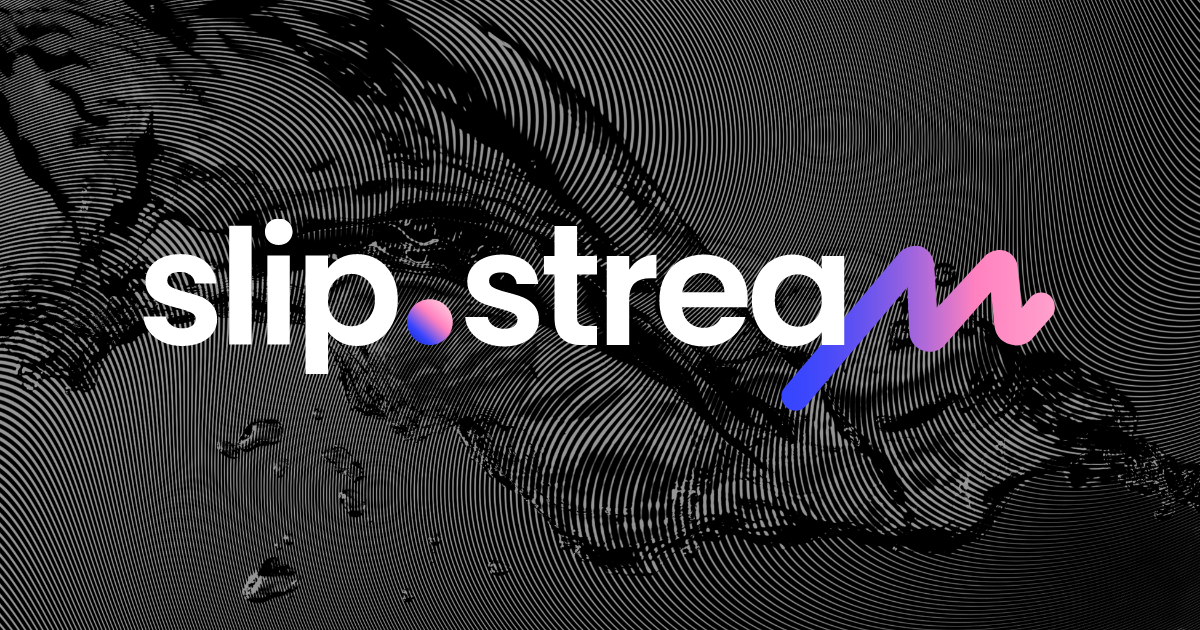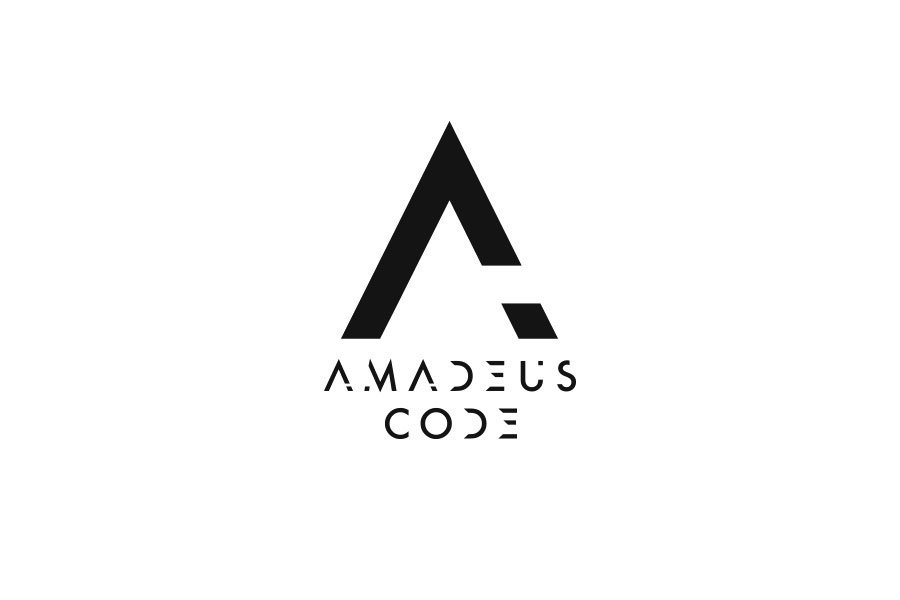15+ Latest Updated AI Music Creator Tools
AI music creator tools are innovative software applications powered by artificial intelligence algorithms. These tools enable users to generate original music compositions or remix existing tracks autonomously. They analyze musical patterns, harmonies, and rhythms to create melodies and arrangements, making music production more accessible to both professional musicians and amateurs.
AI music creators can adapt to various genres, styles, and moods, offering endless creative possibilities. They enhance the music creation process, saving time and inspiring new ideas. These tools represent a transformative shift in music production, bridging the gap between human creativity and machine assistance to redefine the way music is made and enjoyed.
Here are top AI Music Creator tools for you:
CreatorMusic.Net
Choose from hit styles for inspiration. Sing with AI lyrics and filters. Share songs with ease. Learn about music. No training needed.
MUSICO
Musico is an AI-driven software engine that generates music. It can react to gesture, movement, code or other sound.
FADR: AI Music Maker
Fadr is a web platform for AI music tools. Use our AI-powered vocal remover, song splitter, key/tempo/chords detector, remix maker, mashup maker and much more.

MusicStar.AI
We've got all the music skills you need, and we use them to generate music in under a minute!
Other useful AI Tools beside AI Music Creator tools

Social Media Post Generators
Autowriter, Picsart, Hotpot, frase, etc.

Amazing 20+ SEO AI Tools
Ranktracker, Scalenut, Copy.ai, Can I rank?, etc.

Video Generator AI
gencraft, Steve AI, HeyGen, MetaAI, etc.

Write Anything with AI
Writesonic, copy.ai, Rytr, Smodin, AI-Writer etc.
Is it easy to use AI Music Creator Tools?
The ease of using AI music creator tools can vary depending on the specific tool and your familiarity with music production and technology. Here are some factors to consider:
User-Friendly Interfaces: Many AI music creator tools are designed with user-friendly interfaces that make them accessible to beginners. They often come with intuitive drag-and-drop features and presets to simplify the music creation process.
Skill Level: Your prior experience with music composition and production can impact how easy these tools are to use. Musicians with a background in music theory and production may find it easier to navigate and utilize AI music creators effectively.
Tutorials and Documentation: Most AI music creator tools provide tutorials, documentation, and user support to help users get started. These resources can be invaluable in learning how to use the software effectively.
Customization: The level of customization and control you desire can affect the ease of use. Some AI tools offer more freedom to tweak generated compositions, while others may focus on automation with limited user input.
Complexity of Music: The complexity of the music you want to create can also influence ease of use. Creating simple melodies and chord progressions may be straightforward, but if you aim to compose intricate and emotionally nuanced music, it could be more challenging.
Learning Curve: Like any software, there might be a learning curve involved. The more time you invest in learning the tool and its capabilities, the more proficient you’ll become.
In summary, AI music creator tools are designed to be user-friendly and accessible to a wide range of users. However, your personal background in music, your specific goals, and the tool’s features can all impact how easy or challenging it is to use effectively. Experimenting with different AI music tools and taking advantage of available resources can help you find the one that aligns best with your needs and level of expertise.
Can AI Music Creator tools replace human creativity?
AI music creator tools have made significant strides in generating music, but they cannot fully replace human creativity. While AI can compose music based on patterns and data analysis, it lacks the depth of emotional expression, storytelling, and the nuanced creativity that humans bring to music.
Human musicians draw from personal experiences, emotions, cultural contexts, and artistic intentions, which are often impossible for AI to replicate. Music often carries unique human elements like vulnerability, introspection, and the ability to convey complex emotions.
AI music tools can be powerful aids in generating ideas, assisting composers, or producing background music, but they don’t possess the inherent creativity and authenticity that comes from human composers and musicians. Instead, they can complement human creativity, offering new sources of inspiration and speeding up the music production process.













